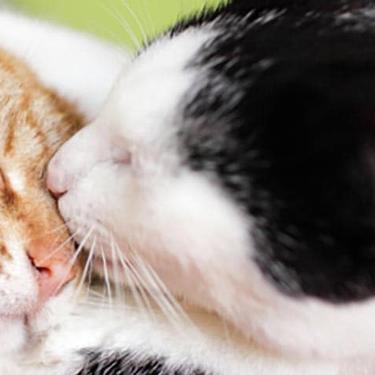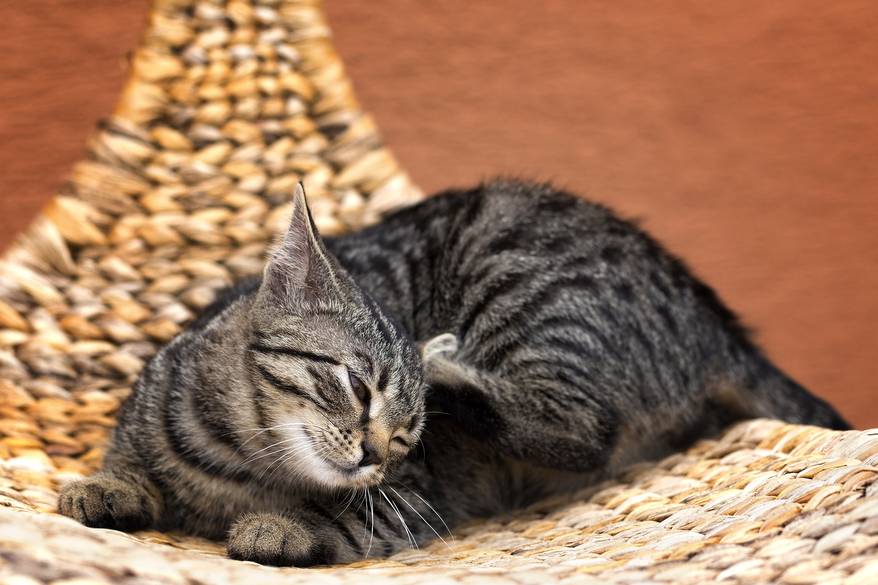
-
Find the right food for your petTake this quiz to see which food may be the best for your furry friend.Find the right food for your petTake this quiz to see which food may be the best for your furry friend.Featured products
 Adult Chicken & Barley Recipe Dog Food
Adult Chicken & Barley Recipe Dog FoodSupports lean muscle and beautiful coat for adult dogs
Shop Now Puppy Sensitive Stomach & Skin Salmon & Brown Rice Recipe
Puppy Sensitive Stomach & Skin Salmon & Brown Rice RecipeDelicious, highly digestible recipe, gentle on stomachs. Nourishes skin & promotes a lustrous coat
Shop Now Puppy Large Breed Chicken & Brown Rice Recipe
Puppy Large Breed Chicken & Brown Rice RecipeVital nutrients to support 5 essential building blocks for lifelong health
Shop NowFeatured products Adult 7+ Chicken Recipe Cat Food
Adult 7+ Chicken Recipe Cat FoodSupports energy level and beautiful fur in mature cats
Shop Now Adult Urinary Hairball Control Chicken & Rice Recipe Cat Food
Adult Urinary Hairball Control Chicken & Rice Recipe Cat FoodActively supports the health of the whole urinary system
Shop Now Kitten Chicken Recipe
Kitten Chicken RecipeVital nutrients to support 5 essential building blocks for lifelong health
Shop Now -
Dog
- Dog Tips & Articles
-
Health Category
- Weight
- Food & Environmental Sensitivities
- Urinary
- Digestive
- Joint
- Kidney
-
Life Stage
- Puppy Nutrition
- Adult Nutrition
- Senior Nutrition
Cat- Cat Tips & Articles
-
Health Category
- Weight
- Skin & Food Sensitivities
- Urinary
- Digestive
- Kidney
-
Life Stage
- Kitten Nutrition
- Adult Nutrition
Featured articles Water
WaterDiscover why water is the most important nutrient for your dog or cat to live a healthy life. Find out how much water your pet should consume each day.
Read More Pet Food Storage Tips
Pet Food Storage TipsDiscover how and where to store your dry, as well as canned, dog and cat food. Learn how to find the "best before" dates on all Hill's pet food packaging.
Read More The Incredible Science Behind Your Pet's Microbiome
The Incredible Science Behind Your Pet's MicrobiomeLearn what a pet's microbiome is, how it contributes to your pet's gut & overall health, and why nutrition is important in maintaining healthy microbiomes.
Read More -


If your cat is flaking like a freshly baked pie crust when you pet her, or is constantly scratching an itch with no fleas in sight, you may be wondering: "Does my cat have dry skin?" If it's winter and you live in a cold climate, it is possible your feline friend's skin is getting dried out just like human skin does over the winter. However, if you don't have the weather to blame for your itchy cat, you may need to get to the bottom of what could be causing your cat's scratching.
Dry Skin Symptoms and Likely Causes
Itching constantly or consistently in the same area may be a sign your cat has dry patches of skin. Other symptoms of dry skin in cats are dandruff-like flakes on their fur and bald spots. A dry patch here and there or occasional scratching usually isn't something to worry about, but when the scratching goes on for days, or your cat is chewing and licking a specific area obsessively, it may be time to determine if your fur baby has a serious skin condition or irritation.
One reason your cat may have dry skin is in her food bowl, according to the Cornell Feline Health Center. Cats need a nutritionally balanced food with plenty (but not too much) of fatty acids to maintain a healthy skin and coat. Talk to your veterinarian about your cat's food to see if they need to switch to a different food or try a supplement, such as fish oil. Keep in mind, however, that any recommendations from your vet may take up to a month to clear up your kitty's dry skin.
If your cat's dry skin is mostly in the center of her back, her problem could be caused by excess weight. The Happy Cat Site notes that obese cats have trouble reaching certain areas to groom, and may have dry or matted spots as a result.
Skin and Allergies
Environmental allergies and other outside factors are common causes of skin conditions in cats. It's important to be aware of what's in your home that could cause skin irritation for your pet. Ask yourself:
- Have I used any new household cleaners on the floors, furniture or in the air?
- Have I washed any blankets or clothing in a different detergent?
- Could my cat have eaten any medication that was around my house?
- Have any new animals been introduced into the home?
If you answered yes to any of these questions and can isolate a possible source, then call your vet and describe the symptoms and what you think your cat came in contact with. From there, your vet will decide if they need you to visit or want to wait it out for a few days. You may want to talk to everyone in your house and make a list of any new cleaners or cosmetics that entered right before your kitty started itching. Cats can even be bothered by pollen, dust and mold. If your cat suddenly becomes lethargic, vomits or has seizures soon after you notice them scratching, get them to the vet immediately. They may have a severe allergy or have eaten something poisonous.


Tasty Tips
Other Critters
Keep in mind that if a new animal was brought into the home, fleas could be the reason your cat has skin issues, even if other pets show no signs of irritation. Run a flea comb through your cat's fur and fold sections of the fur over to look for fleas or flea dirt (the black material left behind by fleas, which is actually flea feces). Even if you don't find any bugs, there can be smaller itch-causing parasites at work, such as mites, according to The Spruce Pets. Also, check for redness and scaly areas that could indicate a fungal condition, such as ringworm. Keep track of changes to your house menagerie to share with your vet so they can make an informed decision about what to do to help relieve your cat's itchy skin.
Dry Skin Treatment
When looking for dry skin solutions for your itchy cat, you may be tempted to turn to the internet for possible at-home or natural remedies. Keep in mind that some oils, soaps and products that are safe for humans could be poisonous for cats, according to the American Society for the Prevention of Cruelty to Animals. Check with your vet before trying anything to relieve your cat's irritation.
Some cats may experience itchy, red, irritated skin due to food sensitivities. Talk with your vet about whether a therapeutic cat food would help your cat. While you work to resolve your cat's itchy skin, always try to keep your cat busy with active play, and distract them from scratching one area before it becomes raw or infected. You can also use humidifiers to add moisture to the air in your home, and give your cat lots of water to drink to keep them hydrated.
If your cat has dry, itchy skin, chances are the cause of it is lurking in your house — but it can probably be easily whisked away. You and your vet can work together to modify your home for a happy and comfortable cat!


Chrissie Klinger is an educator, writer and mother of two children, three dogs and three cats. Her dog Jake loves sitting on her lap every chance he gets! She enjoys living an active and eco-friendly lifestyle in rural Pennsylvania.
Related products

Vital nutrients to support 5 essential building blocks for lifelong health

Supports lean muscle and beautiful fur for adult cats

Actively supports the health of the whole urinary system

Supports energy level and beautiful fur in mature cats
Related articles

What is the best food for an overweight cat? Learn all about weight control food for cats, including what's in it and how it works.

Brushing your cat's teeth is just as important as brushing your own. Learn signs or oral health problems in your cat and how to avoid them.

Learn the different factors that might be contributing to your cat's weight gain, and how bigger doesn't always mean better.

Discover how to identify cat sensitive skin and what you can do to help your cat thrive from head to paw.

Put your cat on a diet without them knowing
Our low calorie formula helps you control your cat's weight. It's packed with high-quality protein for building lean muscles, and made with purposeful ingredients for a flavorful, nutritious meal. Clinically proven antioxidants, Vitamin C+E, help promote a healthy immune system.
Put your cat on a diet without them knowing
Our low calorie formula helps you control your cat's weight. It's packed with high-quality protein for building lean muscles, and made with purposeful ingredients for a flavorful, nutritious meal. Clinically proven antioxidants, Vitamin C+E, help promote a healthy immune system.


